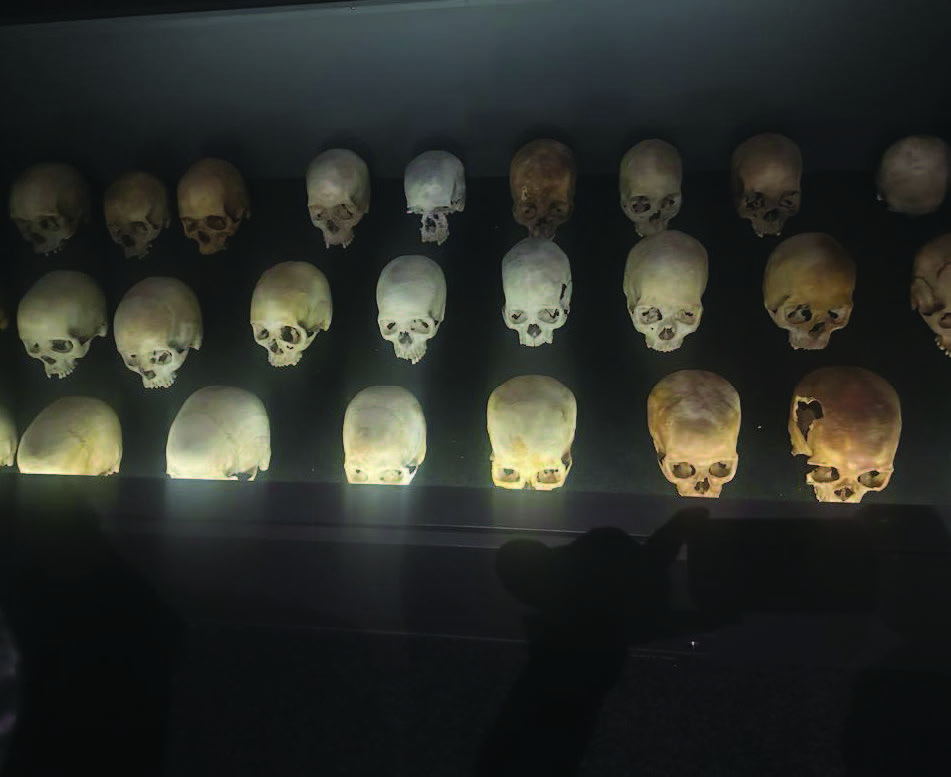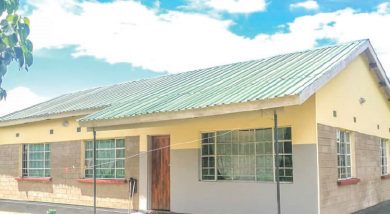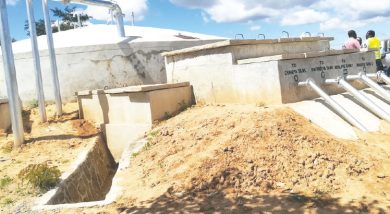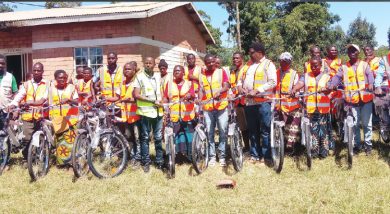Rwanda remembers genocide victims today
Rwanda today commemorates the 30th anniversary of genocide against the Tutsis—the darkest point of its history that has also inspired the country to rise as a beacon of social and economic progress in Africa and beyond.
The event, set to take place in the capital Kigali, is expected to attract at least 10 000 local and foreign visitors, including heads of States, governments, leaders of international agencies such as the United Nations and academia.

Today’s ceremony, known as Kwibuka, which means “remember” in Kinyarwanda—is a national mourning period that starts on April 7 through 100 days during which around one million people, predominantly Tutsis, were killed in 1994.
It pays homage to the genocide victims and allow people to reflect on Rwanda’s journey of healing and transformation.
The ceremony will start at Gisozi Memorial in the capital city and then move on to Kigali Arena to remember that painful chapter in Rwanda’s history, unite people around common goals and embark on a path of ambitious renewal.
“The genocide against the Tutsi is an example of the failure of humanity. But 30 years on, we see among Rwandans more unity, more hope and more ambition to think big and do bigger things,” Dr. Sabin Nsanzimana, Rwanda’s Health Minister, told journalists from across Africa in Kigali yesterday.
Rwanda emerged from civil war and the genocide a battered country, with life expectancy in 1994 at just 14 years amid high risks of death from killings and communicable diseases such as malaria, HIV and Aids that were rampant at the time, according to Dr. Nsanzimana, an HIV specialist and epidemiologist.
Today, he said, life expectancy in Rwanda is nearly 70 years—shoulder to shoulder with those of developed countries.
A country that had people being hacked as a pastime at any given moment 30 years ago is, according to Gallup, now the 5th safest country to walk in at night globally and number one in Africa.
Its economy, which was literally bleeding from machete gashed wounds three decades ago, is now one of the fastest growing in the world averaging 7.5 percent growth in gross domestic product annually.
Rwanda boasts the lowest debt ratio in the region and is the number two country in Africa for doing business.





